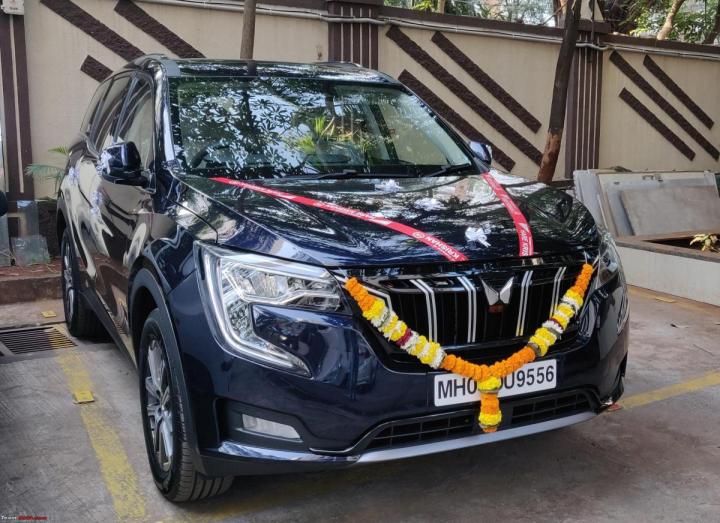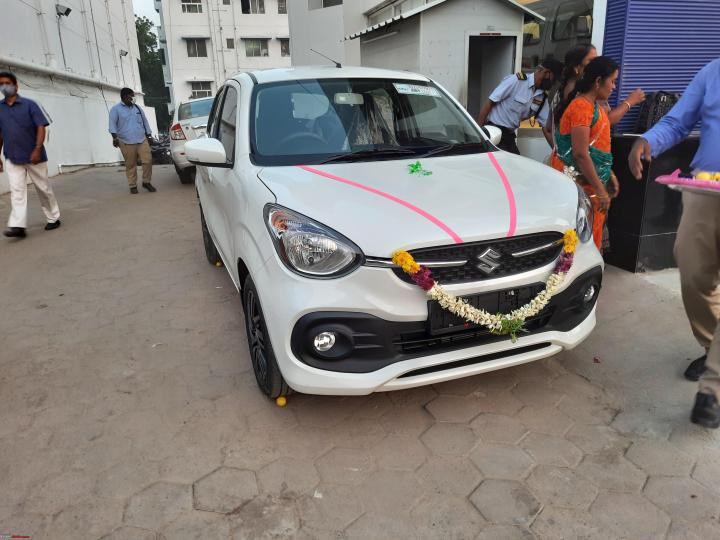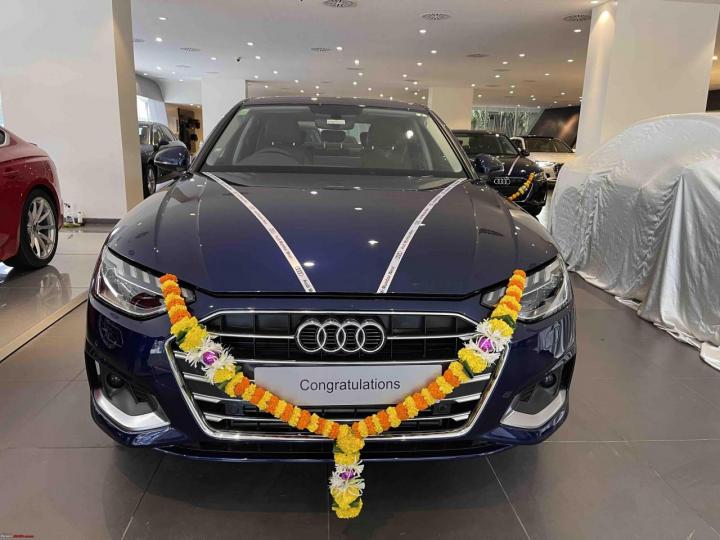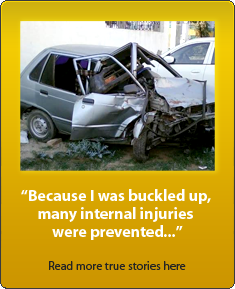News
Car loan vs Outright purchase: Which is better when buying a new car?
A car loan makes sense for people if you are going for a car lease (from the office) or buying it for business.
BHPian thoma recently shared this with other enthusiasts.
How many of us have gone the full down-payment route. What are the IT implications of doing so? Would like to know the percentage of people opting for loans just for the sake of avoiding any IT questions.
Here's what GTO had to say on the matter:
Love discussions on such topics
We buy all our cars in the company name now for all the tax & depreciation benefits we get. Basically, everything is 30% cheaper, even insurance. The second last car we bought was on loan. But I H-A-T-E EMIs. Like, hate them. I closed the loan within a few months. Didn't make financial sense as the initial months are primarily interest (and negligible principal amount), but I didn't care. I detest EMIs and love being EMI-free. Have proudly been EMI free for I think 15 years now (except for the short period of this car's EMIs).
My brother recently got a Superb and as a businessman, he too gets all the usual benefits. The loan rate comes up to just a little over 5%. But I know he too will be closing the loan early.
All is very good in theory and mostly in real life too. But sometimes life gives you body blows. Fixed deposits for most families are the "rainy day" money. If someone had taken a car loan and had fixed deposits say he lost his job during Covid. He could still live his life due to the FDs, pay off the EMI (and also avail of the RBI enforced moratorium on EMIs) and scrape by until he found another job.
On the other hand, if he had bought a car outright without having any FDs, he'd have a fully paid car parked downstairs but no money to run his house. No one would give him a loan either because he's jobless.
As a very conservative financial thinker, I am still a big believer in FDs.
Here's what BHPian SoumenD had to say on the matter:
Couldn't buy without a loan. And that was a mistake that I realized later.
Being a salaried person with TDS, IT department issues are out of the question for me. Due to the typical itch of owning a new car (the older one was 8+ years old and manual) & lack of enough funds went with a 5-year loan in early 2019. But thanks to the newfound sanity towards financial discipline(a few threads on this forum helped as well), I realized how much money I end up paying the bank as interest uselessly, which could have been easily avoided had I been a little more patient. So started making part-payments every quarter & closed the loan in 1.5 years flat. Had made sure I took the SBI loan which had no part-payment/pre-closure charges. In the end, had to pay some Rs 600 as closure charges. It's a relief to be debt-free
Henceforth will never buy an automobile on loan be it a bike or car.
A car loan makes sense for people if you are going for a car lease (from the office) or buying it for business. In that case, you get a good tax benefit. But for personal use where you don't have those two scenarios, I feel it's best to go without a loan. Of course, if it's an urgent need and you don't have enough funds going for a loan is unavoidable, but should be the last option.
Here's what BHPian hridaygandhi had to say on the matter:
There are two things (financially) that you need to look at while buying a car:
Rate of interest vs opportunity cost: With dwindling interest rates, you have to see if you can generate more returns than the car loan interest rate being offered to you.
- Scenario 1: Suppose you are the risk-averse type and are investing only via FDs or debt funds and generating returns around 5-6% (post-tax) and the car loan interest you are getting is around 7.5% (numbers are arbitrary), it will make sense to make the full payment as you would otherwise pay 7.5% when the returns you are getting are 5-6%.
- Scenario 2: In case you are investing in assets which give a higher rate of return (equity, although riskier) and are getting around 10%, it will make sense to take the loan and only make the down payment and fund the balance via a loan as you are getting money at 7.5% but your return on investments are generating 10%.
IT angle: If you are a salaried employee, the interest you pay on the loan will not get deducted from your gross income, and you will be facing the full brunt of the interest outlay of 7.5%. However, if you are self-employed who fall under the 30% income tax bracket, and are purchasing the car under business expense, you get to claim the interest as a business expense, bringing down your taxable income and effective interest rate to 5.25% (30% deducted from 7.5%). In this case, it may be wiser to take a loan instead.
Trivia:
- Depreciation benefit is not considered here as it will remain the same irrespective of how you pay for the car.
- It may aid your CIBIL score to have a loan on your books and make timely payments, helping you when you want to take another loan in the future, with respect to home or business etc.
- While private banks have fixed EMIs, nationalised banks let you make repayments as per your convenience and charge interest on the outstanding balance.
Here's what BHPian jkrishnakj had to say on the matter:
IT or not, I prefer to keep very minimal loans.
My preferred model is to keep aside money for a car, get an FD when it accumulates and take a loan against my own FD. That way, I feel more at ease in my head.
Besides, the hassles of clearing a loan were hard. Been through it once. Per terms, I couldn’t pre-pay inside 36 months or a penalty kicked in. The dealer puts a guy who visits you several times when you want a loan, but to clear it, I found the bank at the different end of a city and it doesn’t get closed without visiting at least twice. And then, you have to visit the RTO to remove the Lein on the RC.
Just to avoid all these, I almost always prefer not to go for a loan.
Check out BHPian comments for more insights and information.
























